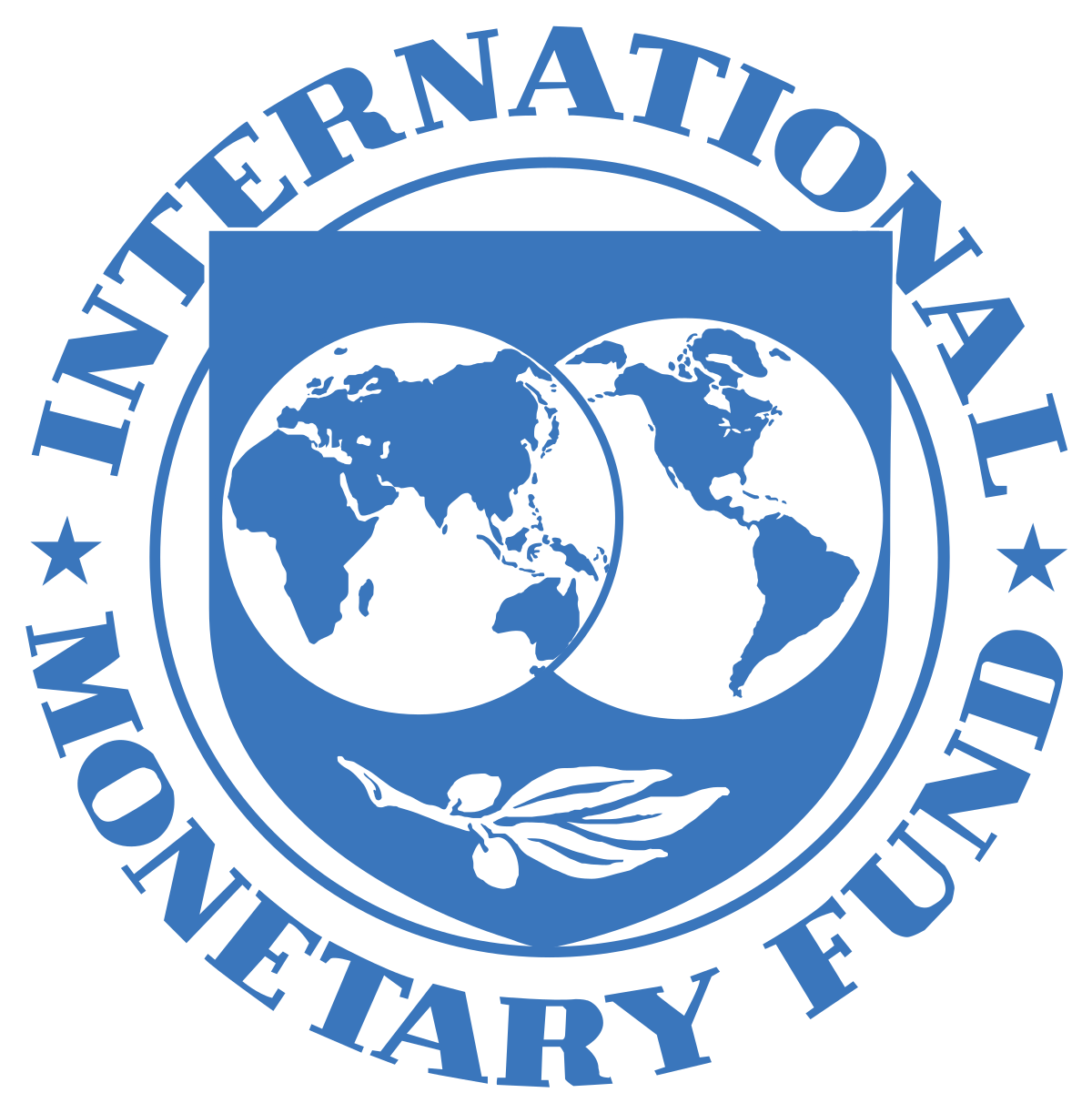
The government of Pakistan must be breathing a sigh of relief that the IMF has approved a $7 billion bailout program for 37 months. The question, however, remains whether this will result in any real changes in Pakistan, or whether this has simply ‘kicked the crisis can’ further down the road.
The IMF program “targets debt sustainability and macroeconomic stability through consolidation of public finances, build-up of foreign exchange reserves, restoration of a debt-ridden energy sector, and an improved business clime to encourage private sector-led growth. In addition, the loan stipulates an expansion in social spending and protection, the imposition of an effective agriculture income tax, transfer of several fiscal responsibilities to the provinces and the curtailment of subsidies.”
The IMF program also “envisages a substantial increase in tax revenues to boost the tax-to-GDP ratio by three percentage points to 13.5 percent in three years. As is evident from this year’s budget, the wealthy classes have again evaded the extreme pain of fiscal and economic adjustments with the working classes shouldering most of this burden.”
The country has been rescued by the multilateral lender for a record of 25 rescues since 1958. As an Dawn editorial in asked, however, the bigger question remains “will this programme help Pakistan emerge from its economic crisis? Or, more importantly, will the government be able to meet the stringent loan conditions?”
So far, as Dawn notes, “Islamabad has warded off a default and accessed IMF funds, with generous support from China, Saudi Arabia and the UAE. With debt payments totaling $90bn over the next three years, this support will not be enough for the country to come out of the crisis.”
In a warning, the Dawn editorial called upon the government “to go beyond the stipulations of the bailout to drive long-term economic growth and break out of endless IMF rescue cycles. Is it prepared to execute the IMF-mandated reforms and also look beyond for longer-term stability? Its actions so far, especially its taxation measures, inspire little hope.”
![]()





